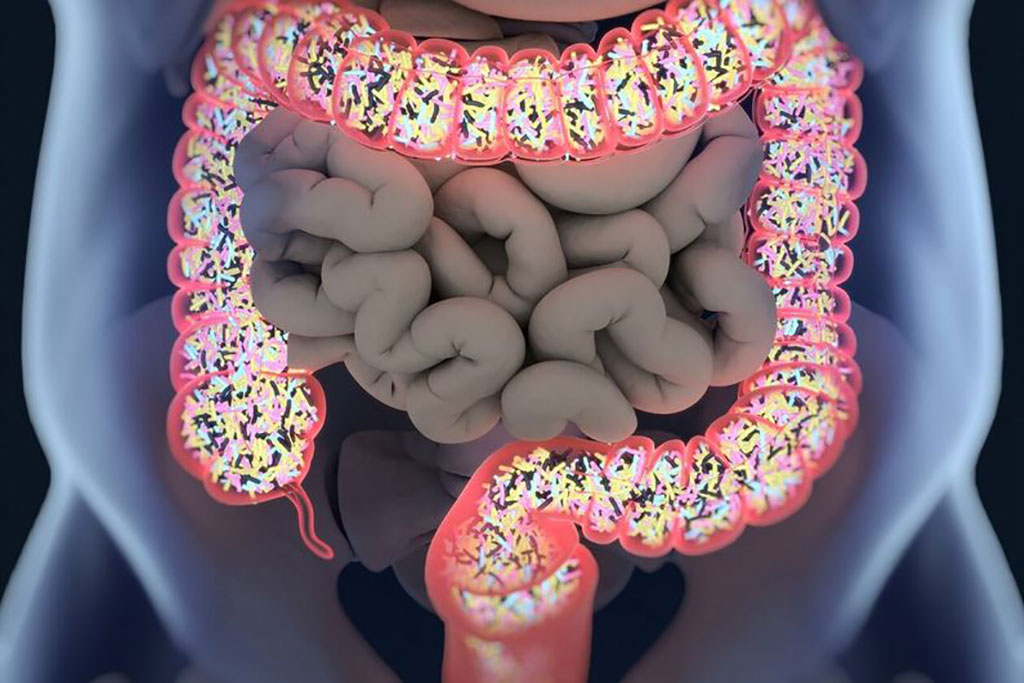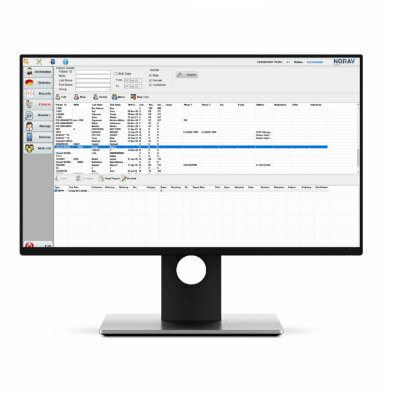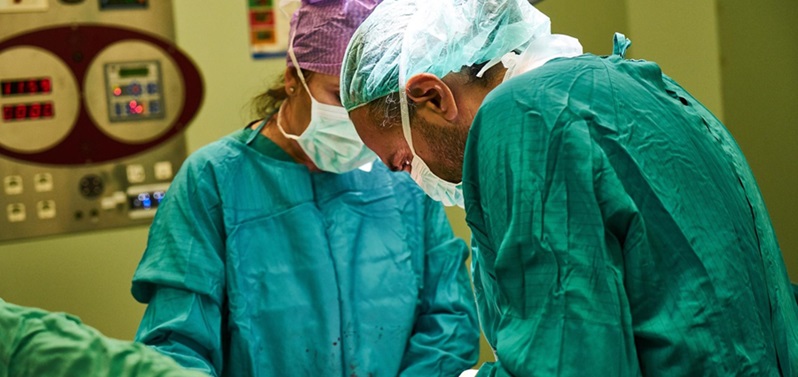Modifying Intestinal Flora Before Surgery Reduces Postoperative Complications in Colorectal Cancer Patients
Posted on 06 Feb 2023
Up to 30% of all patients undergoing colorectal surgery suffer from serious complications due to poor healing of their intestinal barrier. Anastomotic complications cause inflammation, serious infection and cancer recurrence. Researchers have known that certain bacteria aid the development of colorectal cancer by producing toxins which damage colon cells or by promoting accumulation of DNA mutations or intestinal inflammation. A team of scientists has now identified two bacterial strains that directly affect whether or not anastomotic leakage, more commonly known as intestinal leakage, occurs.
To identify these two bacterial strains and facilitate modeling on large volumes of data, scientists at the CHUM Research Centre (CRCHUM, Montreal, Canada) developed the Biorepository for Inflammatory and Neoplastic Diseases of the Digestive Tract. The research biobank contains stool specimens of patients admitted for colorectal cancer who have provided their consent to be used for research purposes.

In a promising study, the researchers demonstrated for the first time in mice that modifying intestinal flora before surgery can reduce postoperative complications in colorectal cancer patients. Modifying the patients’ intestinal flora a few days prior to surgery by using a mix of prebiotics and probiotics could form the basis of a new therapeutic approach, according to the researchers. If such a treatment is continued for several days after the surgery, it could hasten the patients’ return to a healthy intestinal microbiota, reduce their hospital stay, improved their chances of survival and better their quality of life. The researchers are now carrying out additional studies to identify other bacteria associated with intestinal leakage or healing.
“In our study, we show that two bacterial strains detected in the stools of patients with this type of cancer have opposite effects on intestinal healing and therefore on recovery,” said principal author Manuela Santos, a professor at Université de Montréal. “Alistipes onderdonkii kh 33, mostly pro-inflammatory, increases the risk of leakage, while the anti-inflammatory effect of Parabacteroides goldsteinii kh 35 fosters healing.”
“The analysis of patients’ intestinal microbiota showed us that bacterial composition differed depending on the occurrence or not of intestinal leakage,” explained Roy Hajjar, a resident physician and the study’s first author. “Once we transplanted these different microbiota profiles to mice, we found that their risks of postoperative complications varied greatly. Simply put, the composition of the microbiota had a direct impact on their chances of recovery.”
Related Links:
CRCHUM












.jpg)
